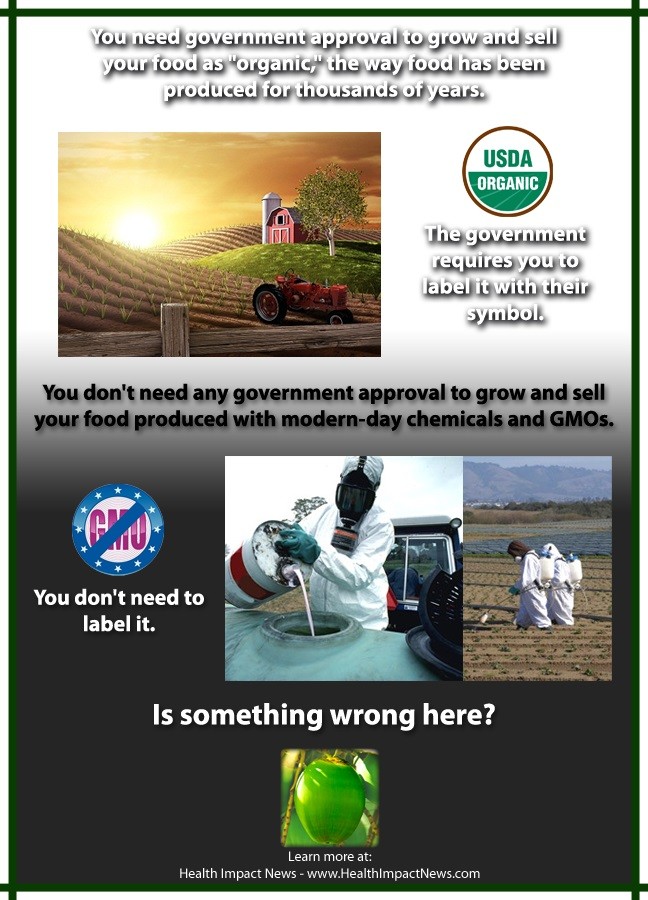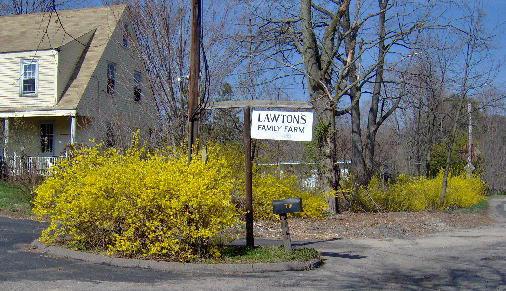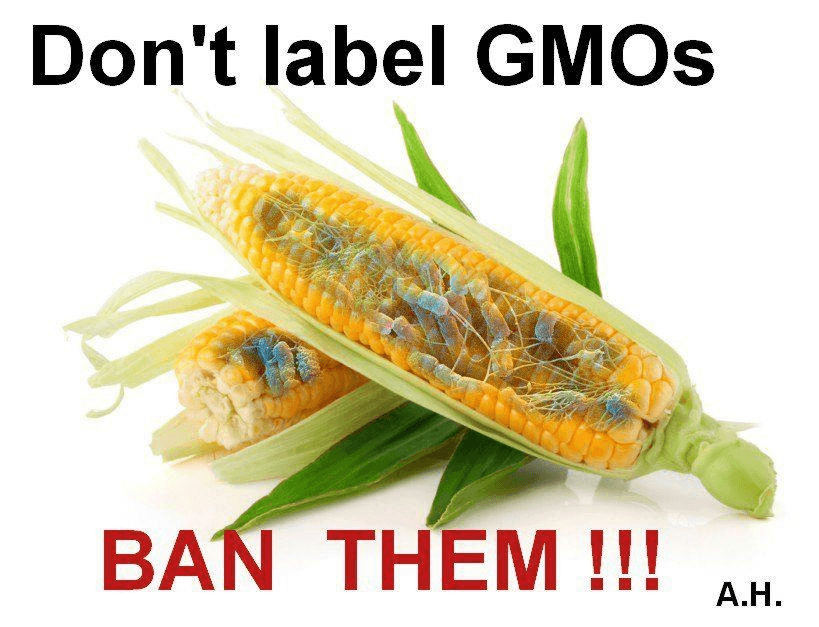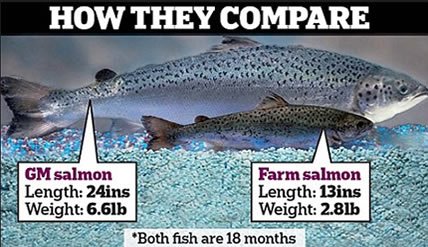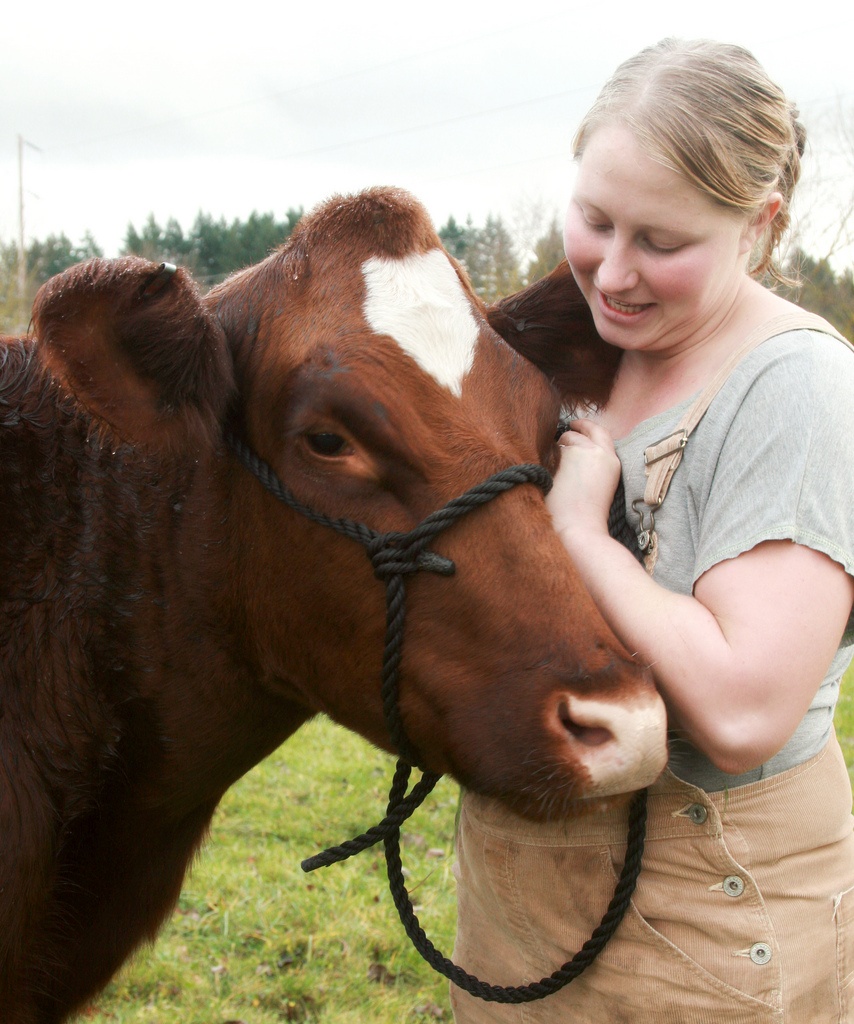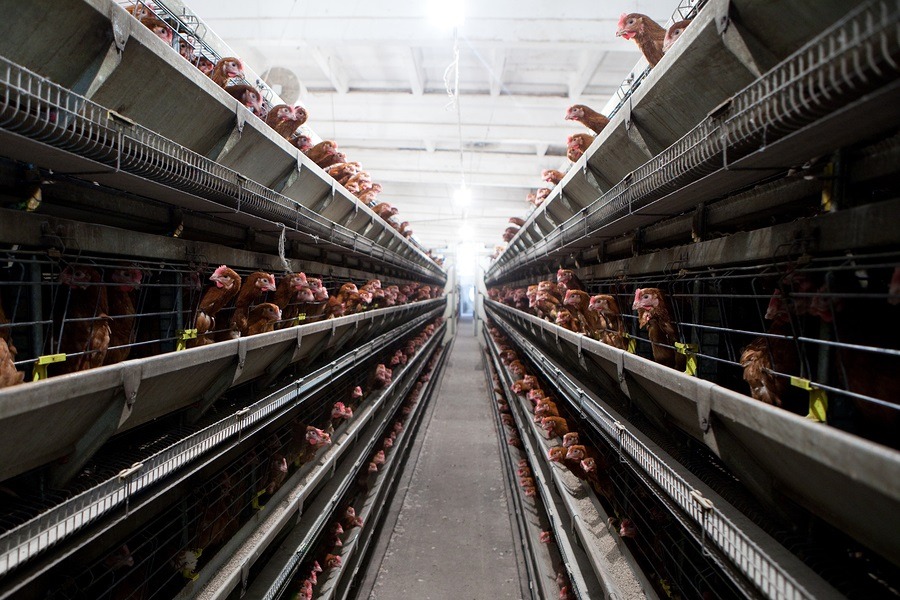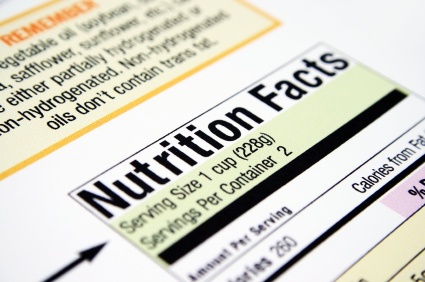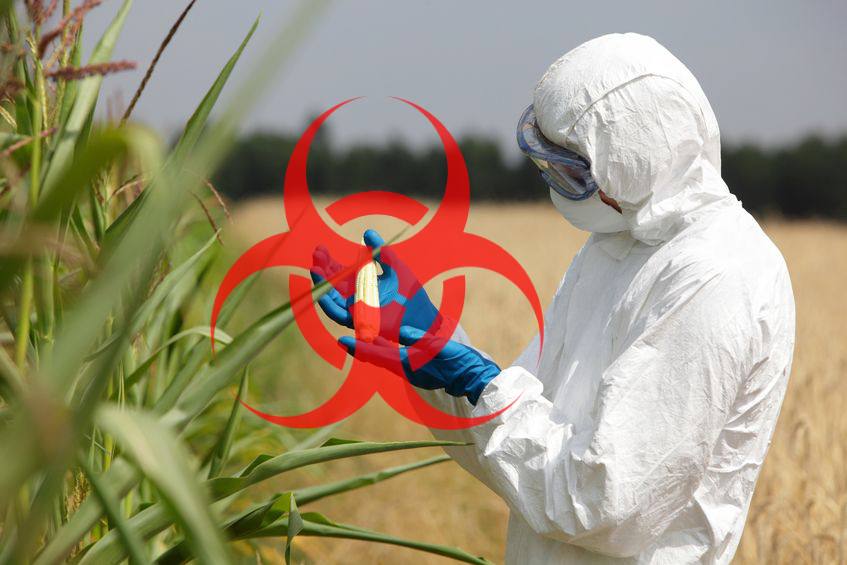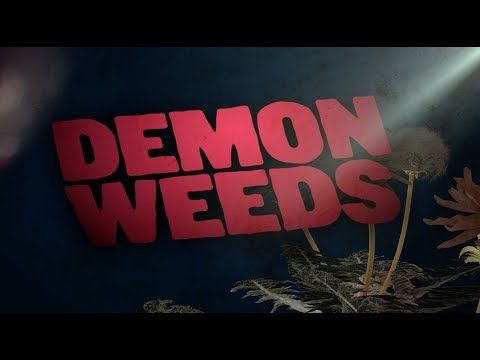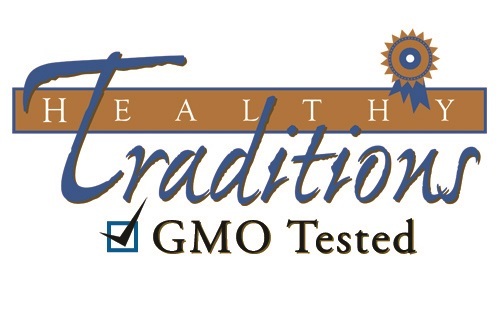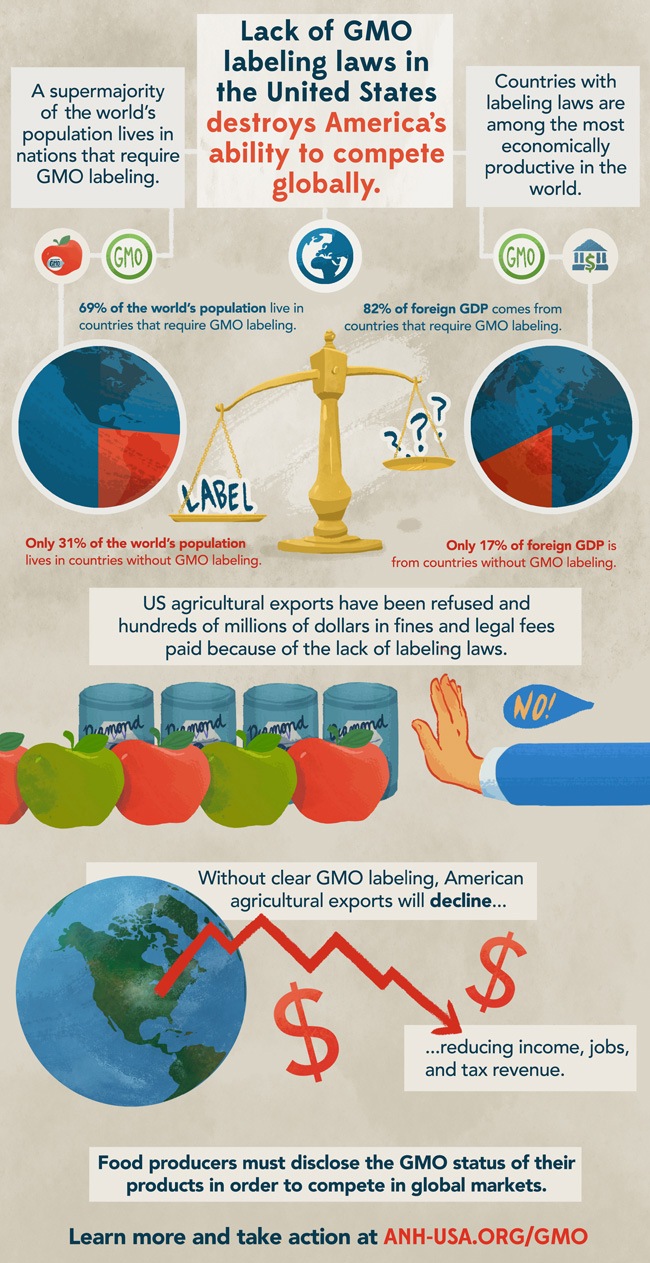News regarding the dangers of GMOs and biotech, and the advantages of organic sustainable agriculture.
True Cost of GMOs Seen in Hawaii: 80% Loss in Papaya Market due to GMO Papayas
When discussing the impact of genetically modified crops, what is seldom mentioned is the economic impact of introducing GMO crops. While the science behind GMOs can certainly be debated, the economic impact is not debatable, but a reality. Earlier this year (2013), we published an article from the Alliance for Natural Health (ANH) titled: Lack of GMO Labeling is Reducing our Exports and Costing the U.S. Jobs. Regardless of what the science says, the fact is that consumers overwhelmingly do not want to consume GMO foods. 69% of the world's population live in countries that label and restrict GMO foods. So every time the United States approves another GMO product, which has been shown to NOT be controllable in the environment, inevitably cross-pollinating with non-GMO seeds, we drastically restrict our export market to our trading partners that refuse to import GMO products. In a report just published in The Modern Farmer, Jesse Hirsch documents the development and economic impact of GMO papayas in Hawaii. While the GM papaya was developed to solve a problem (diseases in papayas that were destroying crops), the unintended result was that Hawaii's largest customer purchasing Hawaiian papayas, Japan, refused to buy them once they were genetically modified, reducing the market by 80%.
Nearly 300 Scientists and Experts Agree GMOs not Proven Safe
The number of scientists and experts who have signed a joint statement saying that GM foods have not been proven safe and that existing research raises concerns has climbed to 297 since the statement was released on 21 October. Dr Angelika Hilbeck, chair of the European Network of Scientists for Social and Environmental Responsibility (ENSSER), which published the statement, said, “We’re surprised and pleased by the strong support for the statement. It seems to have tapped into a deep concern in the global scientific community that the name of science is being misused to make misleading claims about the safety of GM technology.” The statement indirectly challenges claims by EU chief science adviser Anne Glover that there is no evidence that GM foods are any riskier than non-GM foods.
Russian Food Security Experts Fight GMO Registrations in Supreme Court
A group of scientists and food security experts have taken the Russian Government resolution, which will allow the registration of GM crops and products containing GMOs from June 1, 2014, to the Supreme Court. On December 16 the group, which includes representatives of non-profit organizations and experts in the field of biological and food security, filed a suit in Russia’s Supreme Court to challenge the adoption of Russian Government Decree 839 of 23 September 2013, regarding the state registration of GMOs. According to the experts, this Government resolution violates the constitutional rights of Russian citizens, including the right to a healthy environment, and food safety information.
Town of Foxboro Shows Up to Defy Board of Health and Save Family Raw Milk Farm
300 people turned out for a board of health hearing in Foxboro to support the Lawton Family Raw Milk farm which was being threatened with new regulations that would have put them out of business. Their farm spans 11 generations back to the 1700s, and town support for them was strong. In the end, the board of health backed down. One board member complained they had received: “Horrible emails, mean-spirited. Some very negative voice mails were left. It was uncalled for. We have been referred to as Gestapo. That being said, if you want to drink raw milk, have at it. If you want to sky dive, go ahead.”
Hawaii Mayor Signs into Law Ban on GMOs
On Nov. 19, 2013 the Hawai‘i County Council adopted Bill 113 Draft 3 adding a new article relating to Genetically Engineered Crops and Plants, and on Nov. 21, 2013 delivered the bill to me for my consideration. After careful deliberation and discussions with members of my administration and the public, I am signing Bill 113. Our community has a deep connection and respect for our land, and we all understand we must protect our island and preserve our precious natural resources. We are determined to do what is right for the land because this place is unlike any other in the world. With this new ordinance we are conveying that instead of global agribusiness corporations, we want to encourage and support community-based farming and ranching.
A GMO “Frankenapple” Might Be Coming Soon to a Store Near You!
Consumer backlash against genetic engineering is growing. In response, biotech companies are attempting to woo consumers by repositioning and shifting their GMO products from “helping” farmers to appealing to consumers. Sometimes the appeal is even made on completely specious “health grounds.” Surprised? Don’t be. While supplement producers are generally subject to severe government advertising gag rules, GMO producers are actively supported by the government. Paired with the GMO producers’ PR ploy is a disturbing trend: increasingly, Big Business is claiming that processes involving genetic manipulation are “natural.”
Against The Advice of Experts, Canada Approves World’s First Genetically Modified Salmon Destined For Consumption In The U.S.
Running into opposition in getting their GM salmon approved in the U.S., Aquabounty has apparently switched strategies and targeted Canada instead. Environment Canada has approved the commercial production of GM Atlantic salmon eggs which grow to market-size twice as fast as other farmed salmon. The biotech company Aquabounty has revealed that it is no longer asking for approval to grow the fish in the US but plans to produce all of the GM salmon eggs in Canada and then sell “table-ready” GM salmon into the US consumer market. It is an alarming decision that sets Canada up to be the source of global environmental risk.
The Environmental Costs of Corn-Based Ethanol
In 2007, Congress passed a law requiring gasoline to be mixed with ethanol, to reduce dependence on foreign oil and promote environmentally friendly biofuels. Corn is the primary source of ethanol in the United States, and this, ironically, has turned out to have devastating consequences for the environment. In response to rising demand for corn, American farmers are converting environmentally valuable grasslands into corn fields. Five million acres of conservation land have disappeared while Obama has been in office. To put that into perspective, that’s more than the Yellowstone, Everglades and Yosemite National Parks combined. In 2010, for the first time, fuel was the number one use for corn in America, which means agricultural subsidies are now in large part being used to subsidize our energy needs rather than food.
Florida Couple Files Lawsuit Over Ban on Front-Yard Vegetable Gardens
May the government prohibit you from peacefully and productively using your own property to feed your family? For 17 years, Hermine Ricketts and her husband Tom Carroll used their front yard to grow food for their own personal consumption. And for 17 years, nobody had a problem with it . . . until now. In May 2013, Miami Shores Village, Fla. amended its ordinance to make clear that front-yard vegetable gardens were prohibited. Only vegetables are explicitly banned—trees, fruit and garden gnomes are just fine. A few days later, the Village’s code enforcement department served Hermine and Tom with a notice informing them they were in violation of the front-yard vegetable ban. The department threatened them with fines of $50 per day if they did not destroy their beautiful garden. Unable to bear the cost of such hefty fines, Hermine and Tom had no option but to surrender to the government’s demands and uproot the garden. The battle, however, is far from over. Hermine and Tom are part of a nationwide movement of small-scale food producers and consumers who are tired of the government dictating what foods they can grow, sell, and eat. On November 19, 2013, they joined with the Institute for Justice to challenge Miami Shores’ senseless front-yard vegetable garden ban. Their case aims to vindicate the right of all Americans to peacefully use their own property to support their own families.
Farmer Fights Back: Sues State of Oregon For Ban on Free Speech in Advertising Raw Milk
An Oregon raw milk farmer is fighting back against Big Dairy and the state of Oregon for limiting her free speech. The state of Oregon allows limited sales of raw milk from the farm. Based on a law passed in 1999, if a farmer has 3 or less dairy cows, with no more than two lactating, they can sell raw milk directly to the public. Yet, in spite of these tight restrictions, the Oregon Dairy Farmers Association pushed for even more restrictions last year. So while it is still currently legal to sell raw milk from a 2-cow dairy farm, it is a criminal offense if you advertise your product. If a raw milk dairy farm even publishes the cost of their product online, they can face a year in jail and $6,250 in fines. All Oregon farmers who sell milk on the farm directly to consumers are prohibited from advertising the milk online, in fliers, via email or on signs. Being faced with the possibility of going out of business, Christina decided to fight back, with the help of the Institute for Justice, a civil liberties law firm based out of Alrington Virginia. This week they filed a suit against the Oregon Department of Agriculture in U.S. District Court in Portland, claiming farmers' Constitutional rights to free speech are being violated.
Your Taxpayer-Subsidized Farm Bill Aid Goes to U.S. Billionaire “Farmers”
When most people think about farm subsidies, chances are they do not immediately think "massive taxpayer money boondoggle that should be cut from the federal budget immediately." They've probably heard about how hard it is out there for small family farmers, doing honest work in the world, keeping everyone fed and maintaining our institutional repository of agricultural practices. Surely, these subsidies are helping to keep an important way of life alive for the True Sons of Soil and Toil ... like, say, multi-billionaire Microsoft co-founder Paul Allen. Wait. What? He's a farmer? Ha ha, yes. As it turns out, your taxpayer dollars "subsidize" the "farming" that's being done by a host of mega-rich superstars from the Forbes 400 list, none of whom you'd immediately associate with the sort of hardscrabble agri-artisan who's in need of a leg up from the federal government. But their numbers are legion. According to the Environmental Working Group, "at least 50 billionaires or farm businesses in which they had a financial interest benefited from $11.3 million in traditional farm subsidies between 1995 and 2012." And the farm bill currently being considered contains changes that will likely increase the subsidies these billionaires take away.
Kauai County Council Override Frees Way For GMO Bill
The Kauai County Council has overridden Kauai Mayor Bernard Carvalho’s veto of Bill 2491, freeing the way for the GMO-related bill. Bill 2491, which passed a County Council vote on Oct. 16, will force agricultural companies to disclose when and where they spray pesticides, restrict spraying to a certain distance away from public areas, and disclose what genetically engineered crops they grow on Kauai.
Codex: Will Biofortification Open the Backdoor for GMO Crops Worldwide?
Codex Alimentarius is a joint project of the UN’s Food and Agriculture Organization and the World Health Organization. It’s a collection of internationally adopted food standards and guidelines intended to facilitate global trade. There are a number of specialized subcommittees whose recommendations are formally adopted by the Codex Executive Committeem including the Codex Committee on Nutrition and Foods for Special Dietary Uses (CCNFSDU). One of the CCNFSDU’s tasks is to set “Nutrient Reference Values (NRVs) for Food Labeling Purposes.” Translation: NRVs are the intake levels of nutrients deemed adequate to meet the needs of most people through fortification of these foods. According to most natural health experts, the NRVs set by the CCNFSDU are far too low for maintaining optimal health, much less correcting nutrient-based deficiencies and imbalances. Biofortification is the breeding of crops to increase their nutritional value. It differs from ordinary fortification, because it focuses on making crops more nutritious as they grow, rather than during processing. Biofortification can either be achieved conventionally—via traditional breeding techniques—or through genetic engineering. Essentially, this could be a backdoor method to releasing new GMOs crops onto the international market without proper vetting or labeling.
How Roundup Weedkiller Can Promote Cancer, New Study Reveals
Roundup herbicide (glyphosate) is in our air, rain, groundwater, soil and most food in the U.S., and an increasing body of research reveals it has cancer-promoting properties. Researchers from the Indian Institute of Toxicology Research have recently confirmed the carcinogenic potential of Roundup herbicide using human skin cells (HaCaT ) exposed to extremely low concentrations of the world's best selling herbicide.
Demon Weeds and Human Health Impacts of Glyphosate
While recent research is looking at the health consequences of consuming genetically modified foods, equally concerning is the failure of glyphosate and other herbicides to control a new breed of "demon weeds" that have arisen as a byproduct of the GMO industry. Many older and more toxic classes of pesticides are also returning to the market place as pests become resistant to GMOs, and the government is allowing increased use of pesticides for food production. The Alliance for Natural Health has just released a new video highlighting the health concerns of these "demon weeds" as well as the toxic effects of glyphosate. A new study from ANH-USA finds that exposure to glyphosate, an ingredient in Monsanto’s herbicide Roundup is linked to very serious human health issues – including birth defects, miscarriages and cancer. With so many GMO-related initiatives around the country, your involvement can make a significant positive difference in this fight.
Tropical Traditions Announces New GMO-Tested Product Standards
Tropical Traditions recently announced that they had established their own standards for non-GMO products. The new standard is "GMO-Tested." While other non-GMO claims might have as much as 1% presence of genetically modified DNA present, the Tropical Traditions GMO-Tested standard has a zero percent tolerance for the presence of genetically modified materials.
Indonesia Developing World’s First GMO Sugar Cane
White sugar, in any form, is not very healthy. But at least one can choose sugar cane over sugar beets to be assured you are not consuming a GMO product. Sadly, that may not be true much longer, as Indonesia announced recently that they were developing a GMO variety of sugar cane.
Companies Rush to Build ‘bio-factories’ for GMO Medicines, Flavorings and Fuels
For scientist Jack Newman, creating a new life-form has become as simple as this: He types out a DNA sequence on his laptop. Clicks “send.” And a few yards away in the laboratory, robotic arms mix together some compounds to produce the desired cells. Newman’s biotech company is creating new organisms, most forms of genetically modified yeast, at the dizzying rate of more than 1,500 a day. Some convert sugar into medicines. Others create moisturizers that can be used in cosmetics. “You can now build a cell the same way you might build an app for your iPhone,” said Newman, chief science officer of Amyris. The rush to biological means of production promises to revolutionize the chemical industry and transform the economy, but it also raises questions about environmental safety and biosecurity and revives ethical debates about “playing God.” Hundreds of products are in the pipeline. Laboratory-grown artemisinin, a key anti-malarial drug, went on sale in April with the potential to help stabilize supply issues. A vanilla flavoring that promises to be significantly cheaper than the costly extract made from beans grown in rain forests is scheduled to hit the markets in 2014. What if they are accidentally released and evolve to have harmful characteristics? “There is no regulatory structure or even protocols for assessing the safety of synthetic organisms in the environment.”
Lack of GMO Labeling is Reducing our Exports and Costing the U.S. Jobs
Joanna Shepherd-Bailey, PhD, has released a new report demonstrating how not labeling GMOs hurts the economy, makes the food industry less competitive worldwide, has a negative impact on food exports, imports, and jobs, diminishes tax revenue, and has a ripple impact on other associated industries. This is all, of course, in addition to the harm to consumers who are forced to eat an untested and potentially very dangerous food. What will happen if we don’t label GMOs? Dr. Shepherd-Bailey’s report shows that our ability to compete worldwide in agricultural products will be harmed.
Success! The Monsanto Protection Act Has Been Repealed—This Time for Good!
Thanks to the activism of the American citizens, the controversial provision was removed from the government funding bill that was signed into law last week. The bill, which passed both the House and the Senate on October 16, was a triumph of citizen involvement. The provision, which stripped federal courts of the authority to halt the sale and planting of potentially hazardous genetically engineered crops, is now history.





